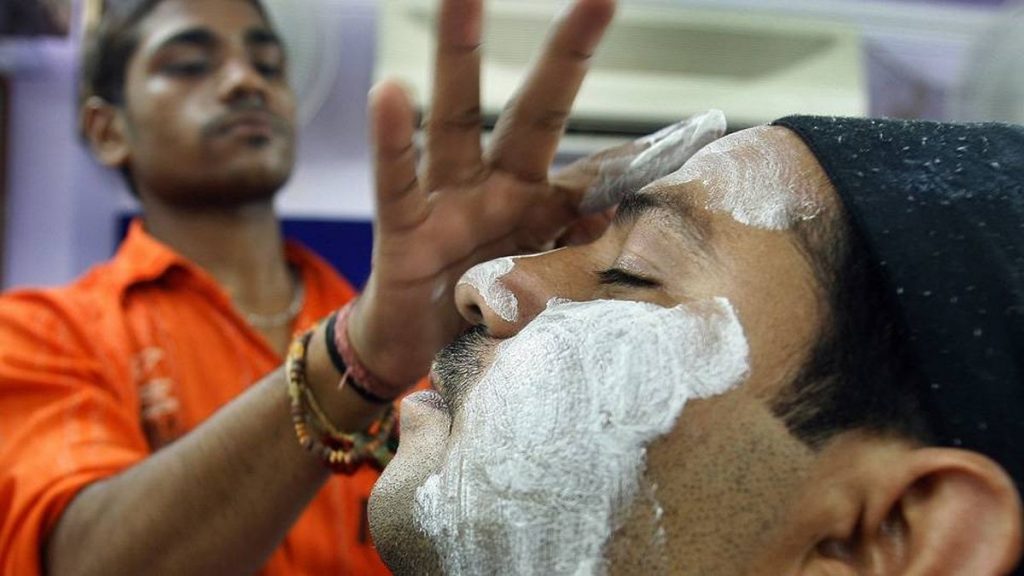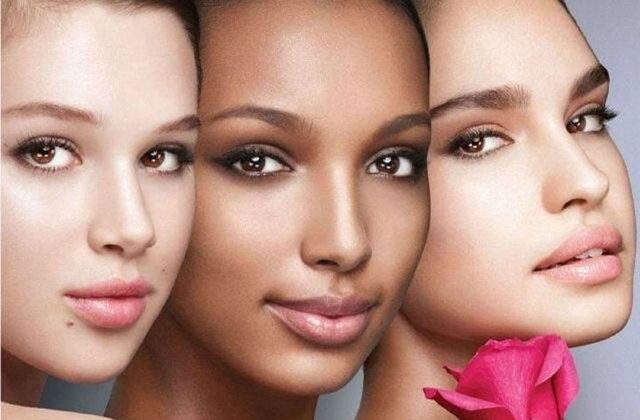The lighter the skin, the higher you are held in society’s esteem, in India. Being melanin deficit is a virtue. A healthy proportion of melanin in our skin might save us from the ill effects of the harsh tropical sun but it leads to social down gradation, points out Soumya. A Different Truths exclusive.

In India, apartheid reigns long after it has been dismantled in South Africa. No, I am not talking about everybody’s favourite bugbear, the caste system. I am talking about colour.
In India, the lighter the skin, the higher you are held in societies esteem. Being melanin deficit is a virtue. A healthy proportion of melanin in our skin might save us from the ill effects of the harsh tropical sun but it leads to social down gradation.
This is especially true for women. Their value in the marriage market is inversely proportional to their melanin content. Therefore, grand moms advised their wards not to stay out in the sun as a healthy tan would hike up the dowry. Thus, too, the phenomenal sale of Fair & Lovely.
Even men fall prey to this bias and a separate product called Fair & Handsome is a best seller in India, putting paid to the aphorism – Tall, Dark & Handsome.

Skin colour is also seen as an indicator of caste and class. It is presumed that the upper class people who stay away from the sun and do not indulge in manual labour have lightest skin and have a greater proportion of Aryan blood in them. The working classes who spend time in the open in manual labour have darker skin and are considered the backward castes as they are presumed to have a larger proportion of genes from the indigenous people of India.
I am far from melanin deficient although I belong to the hallowed caste of Kuleen Brahmins, whose forefathers have been scholars studying books over millennia and none of whom would have toiled in the fields. I do have a respectable white collar job. Therefore, my clothes and bearings identify me as a member of the privileged classes, while my pigmentation alone would immediately mark me as the member of the toiling multitudes called by the privileged folks as the servant class.
In addition, my poor eyesight corrected by a pair of specs mark me out as the book reading effete class, even if I tend to dress down. But the one place where I wear neither the specs nor much covering except for what I was born in is the swimming pool.
It is in the pool, therefore, that young mothers keep urging me to keep a look out for their youngsters identifying me as the coach or lifeguard purely on the basis of my pigmentation. I often politely obliged but when I left the pool, some of them objected to my dereliction of duty. On being told that this was not part of my duties and I was merely helping out as I can’t say no to ladies, I received confused apologies.

Even being member of the privileged male gender and having studied in elite institutions and working in the corporate world, I have noticed this distinct prejudiced against tanned skin. I can realize how much worse it would be for women especially those not from upper class urban families. Despite having a number of dark skinned Gods and Goddesses and heroes and heroines in mythology and epic literature, these attitudes have not changed much over time. The plight of dark skinned girls has been poignantly brought to light in literature in many Indian languages. But the prejudice is deep rooted. Whether it is colonial hangover or some ancient prejudice which is global, I cannot say but we cannot deny the uncomfortable truth that apartheid based on skin colour is alive and thriving in India.
©Soumya Mukherjee
Photos from the Internet
#Relationship #ColourOfSkin #DarkAndFair #IndianSociety #DifferentTruths





 By
By

 By
By
 By
By
Soumya-Unspoken deep seated bias, prejudice is strong on family elders, mothers wishing and seeking for melanin deficit progeny, wanting new members in form of in-law(given a choice). or a partner.
A teacher picks the fairer of skin for stage events or to put on “display” is where the “unfairness” is learnt earlier on and then at each step of social interaction in corporate or social setting it hits harder.
As more role models; celebrities; achievers, social media have more visibility of not necessarily fair skinned but merit based all color skinned, things may change.
totally agree